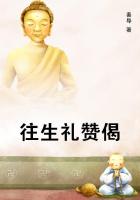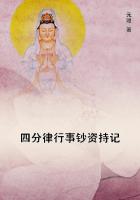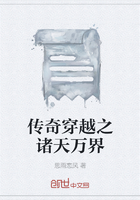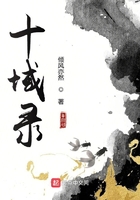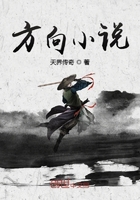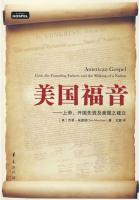to the varnish rather than the framework of civilisation--and we need not therefore be surprised to find that long before the native industry could supply the materials required for the ordinary wants of humble life, attempts were made to produce such things as Gobelin tapestries. I mention this merely as an illustration of a characteristic trait of the national character, the influence of which may be found in many other spheres of official activity.
If Russia did not attain the industrial level of Western Europe, it was not from want of ambition and effort on the part of the rulers.
They worked hard, if not always wisely, for this end.
Manufacturers were exempted from rates and taxes, and even from military service, and some of them, as I have said, received large estates from the Crown on the understanding that the serfs should be employed as workmen. At the same time they were protected from foreign competition by prohibitive tariffs. In a word, the manufacturing industry was nursed and fostered in a way to satisfy the most thorough-going protectionist, especially those branches which worked up native raw material such as ores, flax, hemp, wool, and tallow. Occasionally the official interference and anxiety to protect public interests went further than the manufacturers desired. On more than one occasion the authorities fixed the price of certain kinds of manufactured goods, and in 1754 the Senate, being anxious to protect the population from fires, ordered all glass and iron works within a radius of 200 versts around Moscow to be destroyed! In spite of such obstacles, the manufacturing industry as a whole made considerable progress. Between 1729 and 1762 the number of establishments officially recognised as factories rose from 26 to 335.
These results did not satisfy Catherine II., who ascended the throne in 1762. Under the influence of her friends, the French Encyclopedistes, she imagined for a time that the official control might be relaxed, and that the system of employing serfs in the factories and foundries might be replaced by free labour, as in Western Europe; monopolies might be abolished, and all liege subjects, including the peasants, might be allowed to embark in industrial undertakings as they pleased, "for the benefit of the State and the nation." All this looked very well on paper, but Catherine never allowed her sentimental liberalism to injure seriously the interests of her Empire, and she accordingly refrained from putting the laissez-faire principle largely into practice. Though a good deal has been written about her economic policy, it is hardly distinguishable from that of her predecessors.
Like them, she maintained high tariffs, accorded large subsidies, and even prevented the export of raw material, in the hope that it might be worked up at home; and when the prices in the woollen market rose very high, she compelled the manufacturers to supply the army with cloth at a price fixed by the authorities. In short, the old system remained practically unimpaired, and notwithstanding the steady progress made during the reign of Nicholas I. (1825-55), when the number of factory hands rose from 210,000 to 380,000, the manufacturing industry as a whole continued to be, until the serfs were emancipated in 1861, a hothouse plant which could flourish only in an officially heated atmosphere.
There was one branch of it, however, to which this remark does not apply. The art of cotton-spinning and cotton-weaving struck deep root in Russian soil. After remaining for generations in the condition of a cottage industry--the yarn being distributed among the peasants and worked up by them in their own homes--it began, about 1825, to be modernised. Though it still required to be protected against foreign competition, it rapidly outgrew the necessity for direct official support. Big factories driven by steam-power were constructed, the number of hands employed rose to 110,000, and the foundations of great fortunes were laid. Strange to say, many of the future millionaires were uneducated serfs.
Sava Morozof, for example, who was to become one of the industrial magnates of Moscow, was a serf belonging to a proprietor called Ryumin; most of the others were serfs of Count Sheremetyef--the owner of a large estate on which the industrial town of Ivanovo had sprung up--who was proud of having millionaires among his serfs, and who never abused his authority over them. The great movement, however, was not effected without the assistance of foreigners.
Foreign foremen were largely employed, and in the work of organisation a leading part was played by a German called Ludwig Knoop. Beginning life as a commercial traveller for an English firm, he soon became a large cotton importer, and when in 1840 a feverish activity was produced in the Russian manufacturing world by the Government's permission to import English machines, his firm supplied these machines to the factories on condition of obtaining a share in the business. It has been calculated that it obtained in this way a share in no less than 122 factories, and hence arose among the peasantry a popular saying:
"Where there is a church, there you find a pope, And where there is a factory, there you find a Knoop."*
The biggest creation of the firm was a factory built at Narva in 1856, with nearly half a million spindles driven by water-power.
Gdye tserkov--tam pop;
A gdye fabrika--tam Knop.

